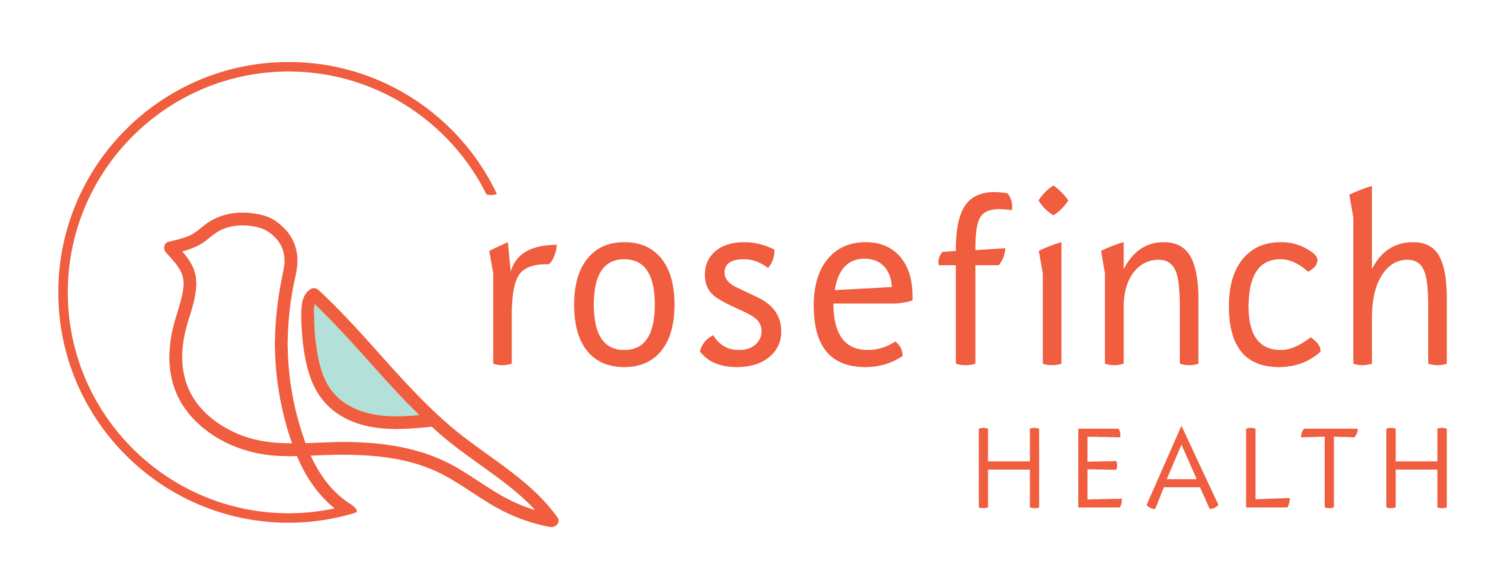Pregnancy and Infant Loss Awareness Month: Recognizing, Healing, and Moving Forward After A Miscarriage
October marks Pregnancy and Infant Loss Awareness Month. It's a time to acknowledge the profound grief and unexplained loss many women and families experience. This month isn't just about raising awareness but offering hope to those who have gone through a miscarriage, stillbirth, or infant loss on their fertility journey.
Understanding Miscarriage and Its Prevalence
Miscarriage, or loss of pregnancy before the first 12 or 13 weeks, affects many families. Earliest miscarriages occur before the fifth week, when many women do not even realize they're pregnant. Even if a fertilized egg implants in the uterus, it might not always grow into an embryo, leading to a miscarriage within the first trimester. Late miscarriages can happen between 12 and 24 weeks. Then, there's a missed (or silent) miscarriage where the embryo dies, but the body doesn't recognize this loss, showing up at a routine ultrasound.
The rate of miscarriages in known pregnancies is around 10% to 20%. The actual numbers can be higher as some losses remain undetected or are mistaken as late periods. Despite its prevalence, a miscarriage isn't as widely discussed, leaving the sufferer isolated and misunderstood even during this vulnerable phase.
Factors Contributing to Miscarriage
While most miscarriages happen because of chromosomal abnormalities preventing the embryo from developing typically, many other factors contribute to pregnancy loss. The largest predictor of miscarriage is age. For women under 35, the risk is around 15%, but those aged 35-45 have a 20-35% chance of losing their pregnancy. The risk is as high as 50% for those over 45.
Hormonal imbalances, infectious diseases, blood clotting disorders, environmental toxins, some lifestyle practices, trauma, structural issues with the uterus, and chronic health conditions like diabetes or thyroiditis can also impact the fertility journey.
The Journey of Grief
Pregnancy and infant loss is a very unique type of grief. It has a complex set of emotions and shattered hopes. It's a very personal journey, and validating these feelings is essential. There's no one-size-fits-all approach. Some people find solace in talking about their emotions, while others grieve silently. Counseling or therapy can be an invaluable resource that offers a safe space and eventually focuses on healing.
Healing with Chinese Medicine and Acupuncture
Pregnancy and infant loss isn't just about the emotional toll but also about restoring the body's overall capacity to become and stay pregnant. Chinese medicine and acupuncture can help regulate hormones, improve blood flow, and reduce stress. These therapies can heal the damage and prepare the body for future pregnancies. These holistically reduce grief, anxiety, pain, fatigue, changes in appetite, and many other extensive symptoms. It's a multi-faceted healing process, aiding in the physical, emotional, and psychological recovery from such a distressing loss.
Contact Dr. Lee Hullender Rubin for Assistance
A miscarriage can be a devastating phenomenon but also a time for reflection and growth. Seek support and embrace hope, continuing the journey toward building a family.
You can also connect with a Chinese medicine practitioner like Dr. Lee Hullender Rubin at Rosefinch Health in Portland, OR, to navigate the aftermath of a pregnancy loss. She treats a wide range of fertility-related issues and provides a comprehensive treatment plan. With her by your side, you know that support and healing are possible. She offers expert and effective solutions for recovery and renewed hope. Call 503.807.0158 to book an appointment or book a free 15-minute consult to learn more. Click here to learn more about Dr. Rubin.


